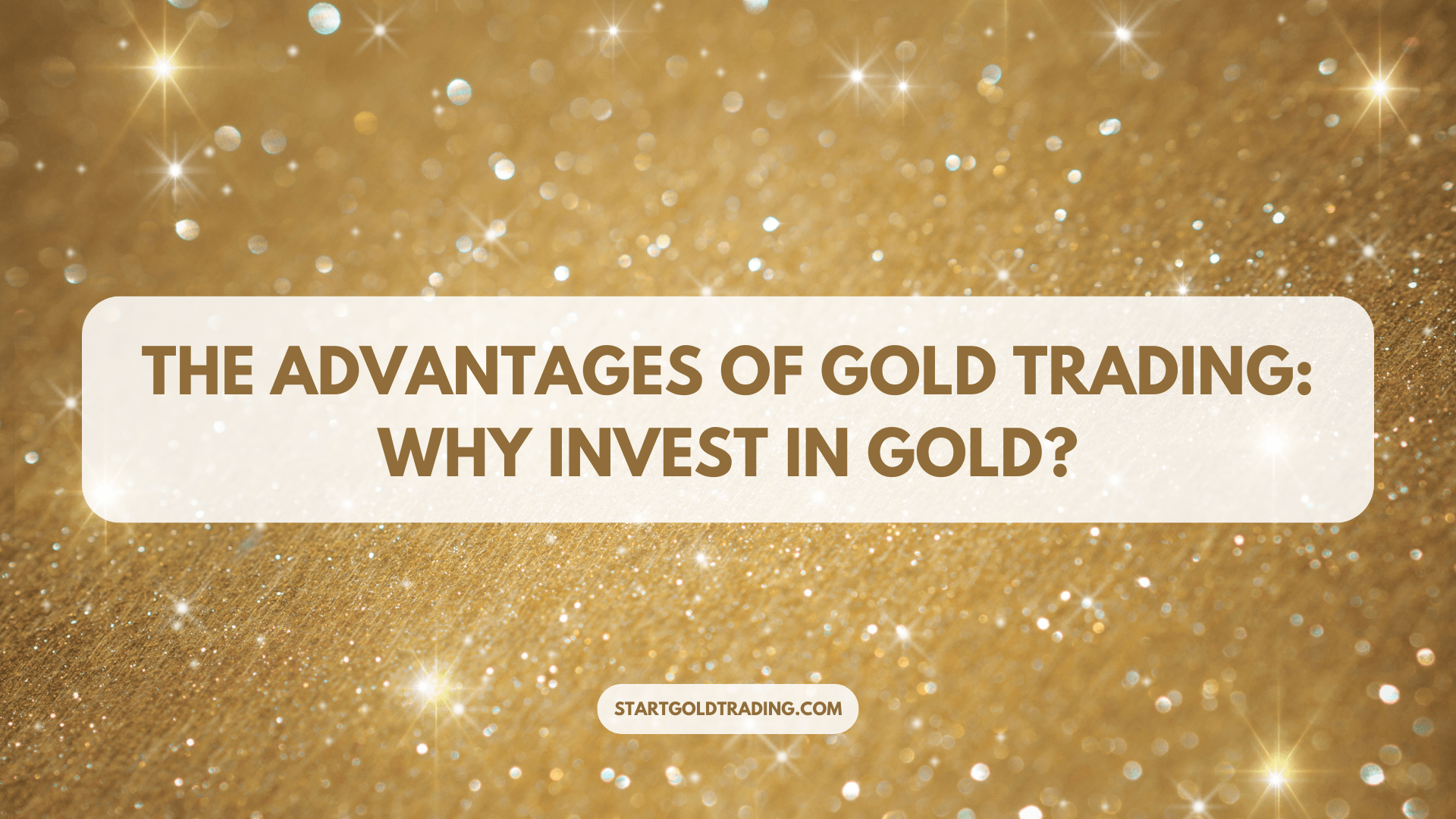Gold has been a symbol of wealth and a store of value for thousands of years, from the golden masks of Egyptian pharaohs to the gold rush that expanded the frontiers of the modern world. Today, gold continues to hold a significant place not just in jewelry boxes but also in financial portfolios. Let’s explore the enduring allure of gold trading, especially through Contracts for Difference (CFDs), and why it remains an excellent investment choice.
Historical Importance of Gold

Gold’s history is as old as civilization itself. It has been used as currency, a symbol of status, and a key material in cultural and religious ceremonies across the globe. This universal appeal stems from its intrinsic qualities: gold is malleable, resistant to tarnish, and most importantly, scarce. This scarcity, combined with its beauty, has established gold as a form of money that stands the test of time.
In the modern era, though we no longer use gold coins in everyday transactions, gold still backs many national currencies, reinforcing its role in the global economy. The shift from tangible gold to gold trading on financial platforms allows investors to participate in the gold market without the need to hold physical gold, using instruments like gold CFDs.
Gold as a Financial Safe Haven
Imagine the financial markets as a vast ocean. While other assets—like stocks and bonds—can be turbulent, crashing during economic storms, gold often remains the calm in the proverbial storm. This quality makes gold a “safe haven” during times of economic uncertainty. When currencies and stock markets become volatile, investors flock to gold because of its perceived stability.
Moreover, gold has an inverse relationship with the U.S. dollar; when the dollar weakens, gold prices typically rise. This characteristic is crucial for investors looking to hedge against currency devaluation. Gold’s ability to maintain value over time also makes it a hedge against inflation—protecting purchasing power as the cost of living increases.
Economic Scenarios and Their Impact on Gold
Gold’s value reacts to a variety of economic scenarios, each influencing its performance in different ways:
- Economic Downturns: During recessions or financial crises, gold prices often increase as more investors turn to gold as a protective asset.
- Inflation: As prices for goods and services rise, gold becomes more valuable as a stable asset that historically outpaces inflation.
- Geopolitical Uncertainty: Events like wars, elections, and sanctions can create uncertainty in global markets. In such times, gold’s role as a safe haven becomes even more pronounced, as investors look for stability.
For example, during the 2008 financial crisis, gold prices saw significant gains as investors sought safety amid market turmoil. Similarly, during periods of high inflation, such as the 1970s, gold prices surged as the cost of living increased dramatically.
Conclusion
Investing in gold, especially through CFDs, offers a strategic advantage in a well-rounded investment portfolio. Whether you are a seasoned trader or a newcomer, including teenagers interested in the dynamics of financial markets, gold provides not only security against economic fluctuations but also the opportunity to participate in global economic trends without the logistical challenges of holding physical gold. Gold’s rich history and economic resilience make it a compelling choice for anyone looking to enhance their trading skills and financial knowledge.

